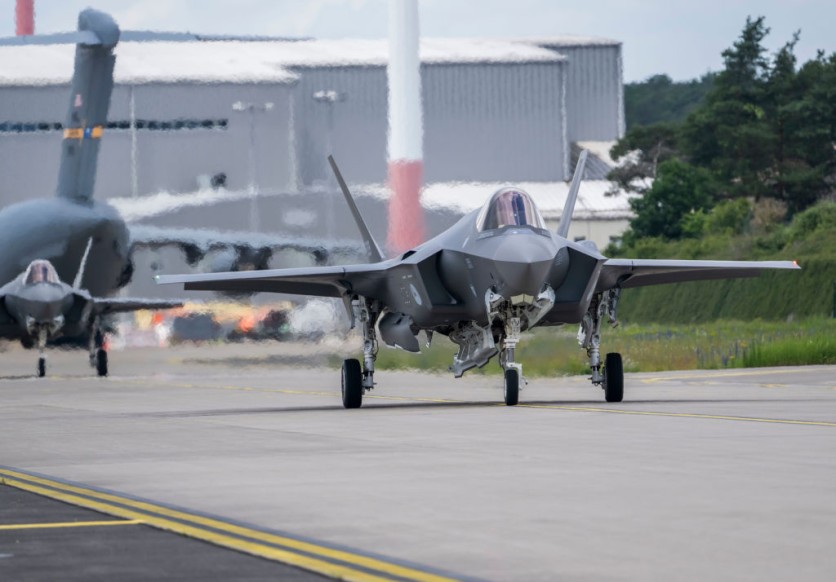The US Air Force (USAF) and Space Force launched a generative AI system similar to ChatGPT to improve Department of the Air Force (DAF) information access.
The AI-powered tool is called the non-classified Internet Protocol Generative Pre-Training Transformer (NIPRGPT), which supports service modernization, according to Interesting Engineering. The software will help personnel communicate, study, and code securely online.
Phenomenal Tool for US Military Modernization
In a statement, DAF Chief Information Officer Venice Goodwine noted that the NIPRGPT will help Airmen and Guardians to develop skills and flexibility simultaneously as part of the multiple DAF and federal modernization programs.
During a media roundtable, DAF Acting Chief Data and Artificial Intelligence Officer Chandra Donelson noted NIPRGPT's positive outcomes despite its development. She lauded the NIPRGPT as a "phenomenal" achievement.
Alexis Bonnell, AFRL Chief Information Officer, emphasized the importance of NIPRGPT as a bridge to provide the team with the best tools while commercial AI solutions traverse security procedures. As more sophisticated capabilities become available, NIPRGPT will let Airmen and Guardians experiment and learn.
The Air Force aims to work with commercial partners to assess the DAF's demand for generative AI before choosing a NIPRGPT provider or technique. Bonnell hopes this will spark our users' interest and experimentation and allow us to evaluate models from vendors. He also expects certain models to excel in particular use cases and struggle in others.
NIPRGPT is based on the Air Force Research Laboratory Information Directorate's Dark Saber program. Air Force and Space Force personnel are working on next-generation, deployable software and capabilities called Dark Saber.

Improving Military AI Performance
In a separate update, the Defense Advanced Research Projects Agency (DARPA) has requested commercial solutions to remove ad hoc approaches to improve AI performance and accuracy in aerospace and defense applications.
DARPA's announcement for the Artificial Intelligence Quantified (AIQ) project highlights the agency's goal to examine and comprehend AI capabilities to provide mathematical performance guarantees, according to Military & Aerospace Electronics Magazine.
Military AI requires the safe and ethical use of autonomous and semi-autonomous technology. The agency acknowledges the challenges in finding ways to ensure AI capabilities and limits. To correctly estimate AI capabilities, the AIQ initiative uses mathematical approaches, measurement, and modeling improvements.
The program will focus on specific problems, problem classes, and natural class capacity levels. Assessment techniques are ad hoc, focus on basic skills, and lack a theoretical underpinning.
AIQ will focus on two technological areas: building rigorous foundations for understanding and assuring AI capabilities and creating AI model assessment methodologies.
The program will include two 18-month periods. The first phase will handle particular issues, while the second will cover class and architecture compositions.
These developments come as the US military investment in AI surges. According to a Brookings Institution analysis, AI-related federal contracts may have increased by approximately 1,200%, from $355 million in August 2022 to $4.6 billion in August 2023.
The US Department of Defense (DoD) drove this considerable growth, per Time. The DoD's AI contract commitment increased from $190 million in August 2022 to $557 million in August 2023.
If each AI contract were fully extended, DoD expenditure on AI-related contracts would rise from $269 million to $4.3 billion. This prospective military budget increase was so large that "all other agencies became a rounding error."
Related Article : Bill Gates' TerraPower Breaks Ground on Revolutionary Nuclear Power Plant in Wyoming





